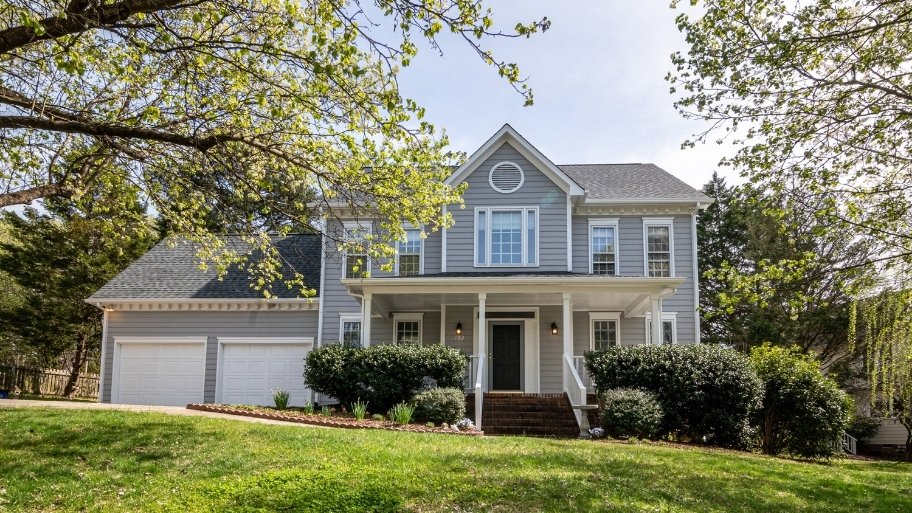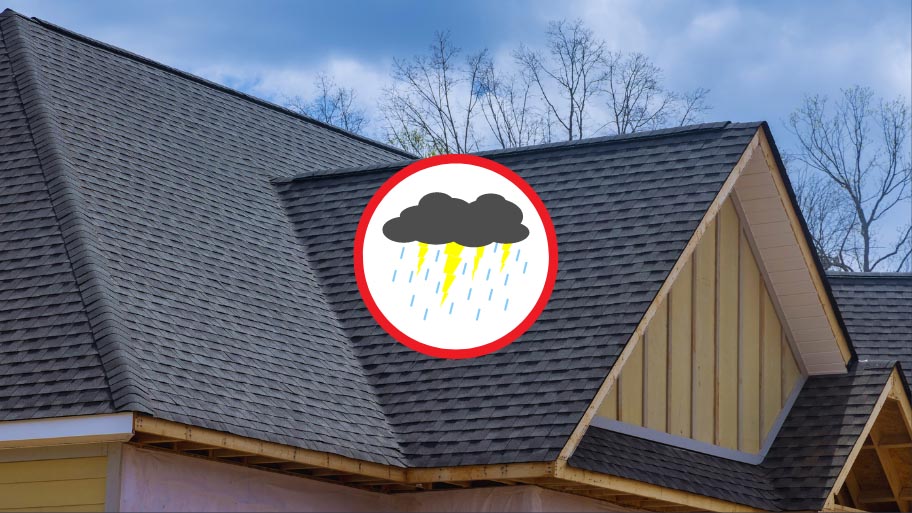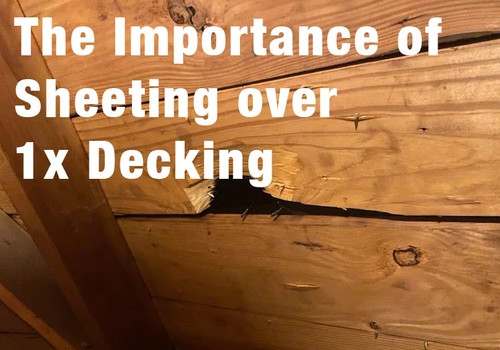With the ongoing fluctuations, you might be asking, “Should I buy a home this year?” The shelter-in-place mandates of last year significantly impacted the previously booming real estate industry. Yet, as restrictions have lifted, suburban real estate sales are seeing an uptick.
Now, home prices continued to rise. According to Realtor.com, home prices have risen 14.3 percent since the start of the pandemic. However, there were 27 percent fewer new listings than expected during the week of March 7, 2021, 50 percent fewer homes are on the market and homes are taking less time to sell (by a week).
The advantage certainly goes to the seller. But with low-interest rates, many homeowners are tempted to sell especially when they’re told they could get 25 percent more for their home.
As a homeowner, there’s a couple of things you should consider before listing your home.
Housing inventory is limited
Sure, you may be able to sell your home, but you obviously need to consider what you can get as well.
Right now, sellers have a clear upper hand due to limited listings, and buyers are paying the price. In December, the national median price of an existing home sold was $309,800. That’s a 12.9% climb from a year prior, and also, the highest median price for December on record.
The fact that homes are flying off the market isn’t helping buyers though. The limited inventory means you may need to settle for a home that doesn’t check off every box on your wish list given the limited number of properties that are available for sale.
You could be buying someone else’s problems
As we all know, the grass isn’t always greener on the other side. Low-interest rates and being able to list your home for a higher amount can provide rose-colored glasses at the thought of a nicer, newer home.
But purchasing a new home should never be done without caution. The current market doesn’t remove the importance of due diligence. You should still take the necessary steps you would in any market and that includes getting a home inspection done.
You will pay more for your home
Whether it pays to buy a home this year largely boils down to your financial situation and what you intend to do with that property.
If you’re buying an investment property, there’s a demand for affordable rentals right now.
If you’re thinking of buying a home to live in, not necessarily as an investment, then you’ll need to consider your financial situation. Right now, you’ll pay more for a home than normal, so you’ll need the cash reserves to support a higher down payment.
Of course, as the year progresses, inventory could open up, and home prices could start to come down. It could also pay to plan to buy once coronavirus vaccines are widely rolled out, at which point it should be easier to attend open houses and see homes in person.
The big question mark on the homebuying front this year will likely be mortgage interest rates, but most industry experts predict that they’ll hold relatively steady as the year progresses. If you’re a strong borrower – meaning you have a low debt-to-income ratio and a respectable credit score – there’s a good chance you can get a good rate.
Should you buy a home this year?
Buying a home this year is a mixed bag and depends on whether you’re an investor or are looking for a new home. While you might get a lower interest rate on a mortgage than you normally would you’ll probably pay more for a home in 2021.
If you’re planning on buying a home this year take a look at your own finances and consider what you plan to do with the new home. The biggest benefit to buying this year is getting a better rate. But you need to be sure you’re in a position to get one. If you’re going to buy a home to live in make sure you’re able to secure a good rate.

About the Author
Joe Burkhart, the driving force behind JB Roofing, has been a trusted roofing expert in Ankeny, IA, since 2006. Joe’s passion for quality craftsmanship and personalized service comes from over 20 years of hands-on experience, starting his journey in the roofing industry back in the early 1990s. JB Roofing is more than just a business to Joe—it’s a reflection of his commitment to providing reliable, long-lasting roofs that protect homes and families across Iowa.




